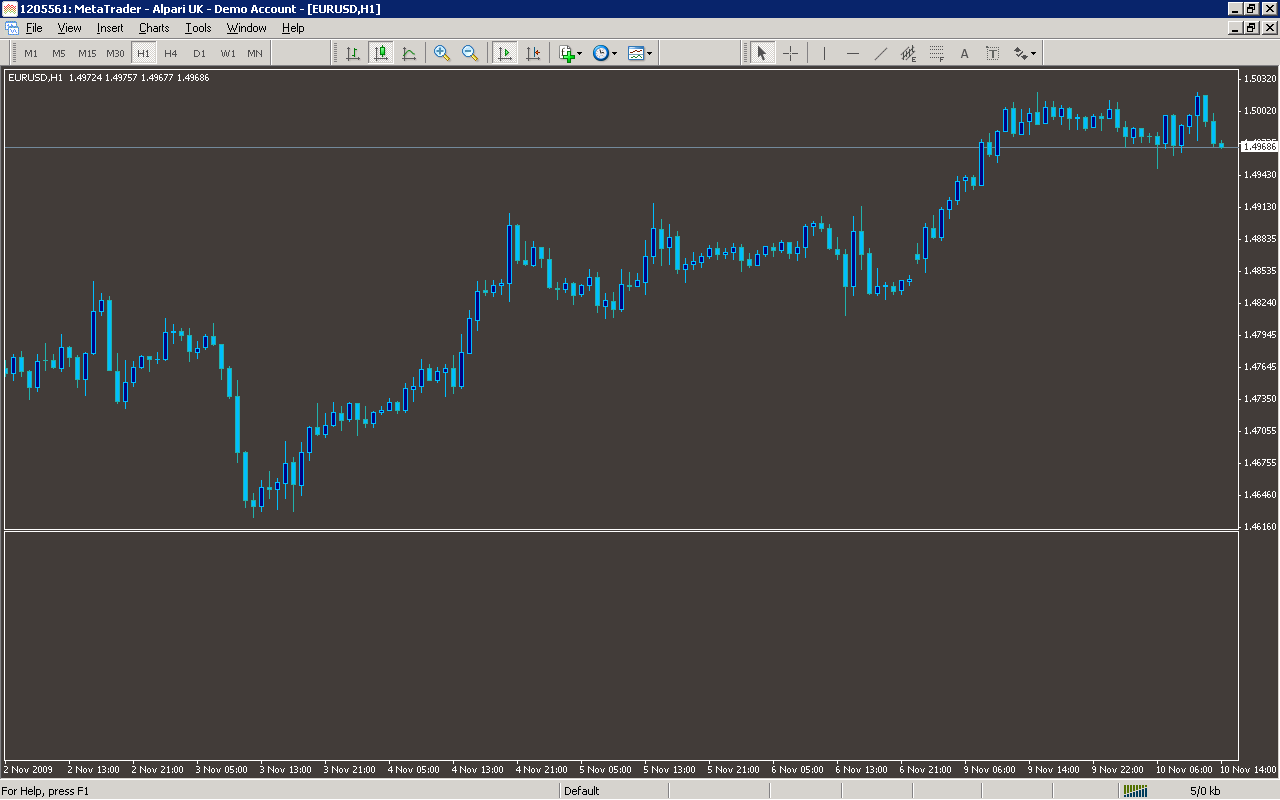//+------------------------------------------------------------------+
//| #MTF_HULL_TREND.mq4 |
//|------------------------------------------------------------------+
#property indicator_chart_window
#property indicator_buffers 2
#property indicator_color1 Orange
#property indicator_color2 Blue
#property indicator_width1 5
#property indicator_width2 5
//---- input parameters
/*************************************************************************
PERIOD_M1 1
PERIOD_M5 5
PERIOD_M15 15
PERIOD_M30 30
PERIOD_H1 60
PERIOD_H4 240
PERIOD_D1 1440
PERIOD_W1 10080
PERIOD_MN1 43200
You must use the numeric value of the timeframe that you want to use
when you set the TimeFrame' value with the indicator inputs.
---------------------------------------*/
extern int TimeFrame = 15;
//---- buffers
double ExtMapBuffer1[];
double ExtMapBuffer2[];
//----
double alertBar;
extern bool SoundAlert = true;
//+------------------------------------------------------------------+
//| Custom indicator initialization function |
//+------------------------------------------------------------------+
int init()
{
//---- indicator line
SetIndexStyle(0, DRAW_ARROW);
SetIndexArrow(0,222);
SetIndexBuffer(0, ExtMapBuffer1);
//----
SetIndexStyle(1, DRAW_ARROW);
SetIndexArrow(1,221);
SetIndexBuffer(1, ExtMapBuffer2);
switch(TimeFrame)
{
case 1 : string TimeFrameStr="Period_M1"; break;
case 5 : TimeFrameStr="Period_M5"; break;
case 15 : TimeFrameStr="Period_M15"; break;
case 30 : TimeFrameStr="Period_M30"; break;
case 60 : TimeFrameStr="Period_H1"; break;
case 240 : TimeFrameStr="Period_H4"; break;
case 1440 : TimeFrameStr="Period_D1"; break;
case 10080 : TimeFrameStr="Period_W1"; break;
case 43200 : TimeFrameStr="Period_MN1"; break;
default : TimeFrameStr="Current Timeframe";
}
IndicatorShortName("#MTF_AsciiTrend("+TimeFrameStr+")");
}
//----
return(0);
//+------------------------------------------------------------------+
//| |
//+------------------------------------------------------------------+
int start()
{
datetime TimeArray[];
int i,limit,y=0,counted_bars=IndicatorCounted();
// Plot defined time frame on to current time frame
ArrayCopySeries(TimeArray,MODE_TIME,Symbol(),TimeFrame);
limit= Bars-1;
for(i=0,y=0;i<limit;i++)
{
if (Time[i]<TimeArray[y]) y++;
/***********************************************************
Add your main indicator loop below. You can reference an existing
indicator with its iName or iCustom.
Rule 1: Add extern inputs above for all neccesary values
Rule 2: Use 'TimeFrame' for the indicator time frame
Rule 3: Use 'y' for your indicator's shift value
**********************************************************/
if (Time[i]==TimeArray[y]) ExtMapBuffer1[i]=iCustom(Symbol(),TimeFrame,"ASCTrend_Sound-1",0,y);
if (Time[i]==TimeArray[y]) ExtMapBuffer2[i]=iCustom(Symbol(),TimeFrame,"ASCTrend_Sound-1",1,y);
if(Time[i]==TimeArray[y] && i == 2 && ExtMapBuffer1[i] != EMPTY_VALUE && SoundAlert == true && Bars>alertBar) {Alert("#MTF ASciiTrend Alert going Down "," i= ",i + Symbol() + " on the " + Period() + " minute chart.");alertBar = Bars;}
if(Time[i]==TimeArray[y] && i == 2 && ExtMapBuffer2[i] != EMPTY_VALUE && SoundAlert == true && Bars>alertBar) {Alert("#MTF AsciiTrend Alert going Up "," i= ",i + Symbol() + " on the " + Period() + " minute chart.");alertBar = Bars;}
}
return(0);
}
//+------------------------------------------------------------------+
Sample
Analysis
Market Information Used:
Series array that contains open time of each bar
Indicator Curves created:
Implements a curve of type DRAW_ARROW
Indicators Used:
Custom Indicators Used:
ASCTrend_Sound-1
Order Management characteristics:
Other Features:
It issuies visual alerts to the screen
